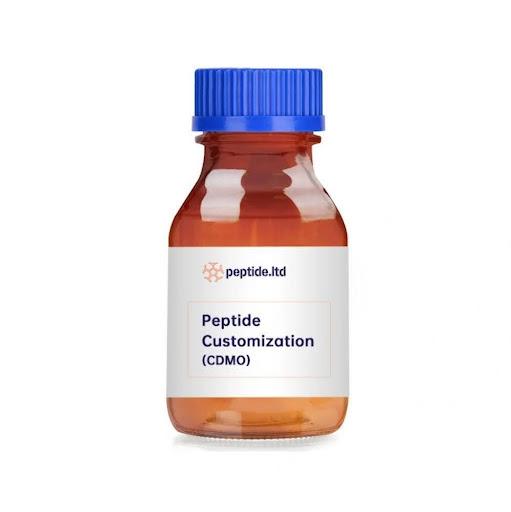
The growing awareness about mental health in the US is not a coincidence. With one in five Americans facing mental health issues, having a strategy to deal with them makes sense. The pandemic made it even more critical because isolation and stress worsened the crisis in the country.
According to a recent global survey, the US is among the high-income countries with the highest mental health burdens. Mental health services accounted for around a staggering $280 billion in 2020, about a quarter of it coming from the U.S. Medicaid program. The patients, providers, and authorities must make extra efforts to address the root of mental health issues.
Financial stress, relationship problems, career anxieties, and medical conditions are the widely known causes. Did you know that environmental toxins in the air, water, food, and personal care products hurt your brain? That sounds far-fetched but is absolutely true because the brain is vulnerable to damage from toxins.
We will explain how exposure to daily toxins can harm your mental health.
The Abundance of Environmental Toxins
Before understanding the effects of environmental toxins on your brain, you must know how and where they exist in the environment. Simply breathing pollutants, drinking contaminated water, sleeping on a certain type of mattress, or using a common skin lotion can damage your brain. The worst part is that toxins are a major threat, but people tend to overlook them.
The Camp Lejeune disaster is a prominent example of the mental health consequences of exposure to contaminated water. The residents were exposed to toxins in the local drinking water supplies for three decades. Many faced dire health problems, such as cancer, renal toxicity, miscarriage, infertility, and birth defects, due to exposure.
Besides the physical illnesses, neurobehavioral issues, such as Amyotrophic Lateral Sclerosis (ALS) and Parkinson’s disease, were other effects of the toxins in the water supplies. The Camp Lejeune settlement amounts under the Camp Lejeune Justice Act could range from $10,000 to $500,000 once the claims process goes into full swing.
According to TorHoerman Law, victims, and their loved ones should keep their documents ready to establish the validity of their claim and maximize their compensation. While the pain will always haunt the victims and families, compensation offers solace that they have justice and financial security.
How Everyday Toxins May Poison the Brain
Americans encounter daily toxins at home and work. According to new research, common consumer products in the country release tons of toxic compounds. Loads of pollutants exist in the outdoor and indoor air due to vehicles, factory smoke, and mold. Another study shows that nearly half the American water supply is laced with forever chemicals.
Threats are everywhere around you, and they can cause more damage to your brain than you can imagine. Here are some ways toxins can harm your brain and contribute to mental illness:
Reduce Cerebral Blood Flow
Studies validate that low cerebral blood flow can elevate the risk of mental conditions such as depression, schizophrenia, Attention-deficit/hyperactivity disorder (ADD/ADHD), and bipolar disorder. Additionally, it indicates the risk of developing Alzheimer’s disease. Toxins in polluted air, cigarette smoke, and pesticides can reduce cerebral blood flow and lead to these risks.
Disrupt the Endocrine System
Long-term exposure to contaminants can disrupt your endocrine system, which regulates hormonal function. It can interfere with hormone production and cause serious imbalances and issues like depression.
Impair the Immune System
Your immune system does more than ward off disease-causing germs and keeps you in good health. An impaired immune system increases the risk of mental health problems such as depression, anxiety, and even psychosis. Prolonged exposure to toxins in air, water, food, and personal care products can be a culprit.
Damage Gut Microbiome
Did you know that your gut health has a far-reaching impact on your mental well-being? Consuming daily toxins in any form can kill the good bacteria and disrupt the gut microbiome, causing leaky gut and accompanying problems. Beyond weakening your digestion, a gut imbalance can cause mood swings, anxiety disorders, and ADHD.
Damage DNA
Toxins can damage your DNA by triggering the breakage of chromosomal bonds. DNA damage can accelerate the brain aging process and elevate the risk of mood issues, anxiety, memory loss, irritability, and irrational behavior.
The Bottom Line
Environmental toxins can harm your body and brain, so you cannot overlook the mental toll of long-term exposure. Awareness makes you more conscious about recognizing and avoiding the contaminants that may harm you physically and emotionally. You can lower your risk by steering clear of these toxins in the environment at home, work, and outdoors.
Also read about:
What Are the Top Trends Mattresses in UAE
Best Furniture Shop in UAE
Best Business Contract Lawyer









